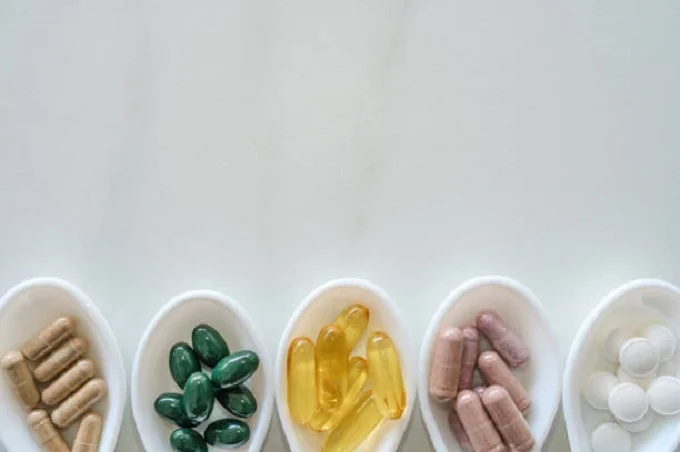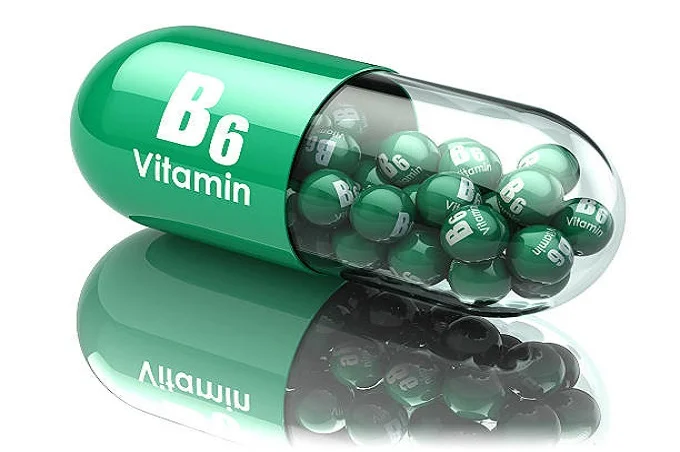Vitamins you shouldn’t take without a doctor’s prescription

Vitamins play an essential role in maintaining human health and disease prevention. They ensure the efficient functioning of metabolic processes and affect the immune system and appearance. However, uncontrolled intake can lead to excess in the body, which will provoke many problems.
6 vitamins you shouldn’t take without a doctor’s prescription
1. Vitamin C

Vitamin C tablets should not be taken without a doctor’s prescription. Large doses may cause nausea, gastritis, fatigue, daytime sleepiness, and headaches. People with chronic liver or kidney diseases should also avoid taking too much vitamin C.
If you are deficient in vitamin C, supplement your daily diet with plant foods. Citrus fruits, broccoli, and bell peppers contain high amounts of vitamins.
2. Vitamin A
We need this vitamin to keep our eyesight sharp, immune system, reproductive system, cardiovascular system, and kidneys and lungs working properly. Vitamin A is also involved in sebum production, which helps maintain normal moisture levels in the skin and hair.
There are mainly two forms of vitamin A in our diet: retinol and carotenoids. Large amounts of retinol are found in animal products. For example, in eggs, lean meat, and dairy products. One of the most important carotenoids, beta-carotene, is found in yellow fruits and vegetables.
Uncontrolled consumption of vitamin A in the form of food supplements and pharmacies may be dangerous to health and may lead to dry skin, itching, and increased sensitivity to sunlight. Women with early pregnancy should be careful about taking vitamin A supplements. It also increases the risk of lung cancer in smokers.
3. V itamin B6

An excess of vitamin B6 in the body can damage the peripheral nerves and cause muscle weakness, bone pain, involuntary muscle contractions, and general deterioration in health. This will happen if you use it for a year or more.
For medical use, vitamin B6 is available in tablets and injections. But we do not recommend prescribing intravenous injections for yourself without medical indications. To maintain the level of vitamin B6 is normal, it is enough to eat poultry, fish, legumes, potatoes, bananas, and spinach.
4. Vitamin D
This vitamin plays an important role in calcium metabolism. It promotes absorption into the body and reduces its excretion. Vitamin D enables normal skeletal formation, increases immunity, and improves blood pressure.
However, too much of it won’t do any good either. Hypercalcemia is a condition where too much calcium accumulates in the blood. This can lead to kidney stones and an increased risk of fractures. To make up for this, eat more fish, eggs, cottage cheese, and butter. It would help if you also took more outdoor walks in nice weather.
To get the latest stories, install our app here
5. Vitamin E

By maintaining a normal level of vitamin E in the body, you will protect yourself from excessive ultraviolet radiation and premature aging. But it is not worth taking it in tablets or capsules unnecessarily. An excess in the body can interfere with the absorption of vitamin K and lead to impaired blood clotting. And this, in turn, will provoke bleeding.
If you’re experiencing vitamin E deficiency symptoms, try adding more foods rich in healthy fats to your diet—for example, fish, nuts, legumes, sunflower seeds, and avocados.
6. Vitamin B9 or folic acid
Folic acid is vital for the formation of new cells. It helps prevent birth defects of the brain and spine in the fetus when taken early in pregnancy. Vitamin B9 also protects the body from the development of cancerous tumors and reduces the risk of cardiovascular disease.
Conversely, too much folic acid in the body can accelerate the growth of tumors, reduce performance and cause insomnia. If your doctor hasn’t prescribed any folic acid medication, you just need to keep your folic acid levels in check. Just include fresh herbs, oranges, beans, cucumbers, and cauliflower in your diet




